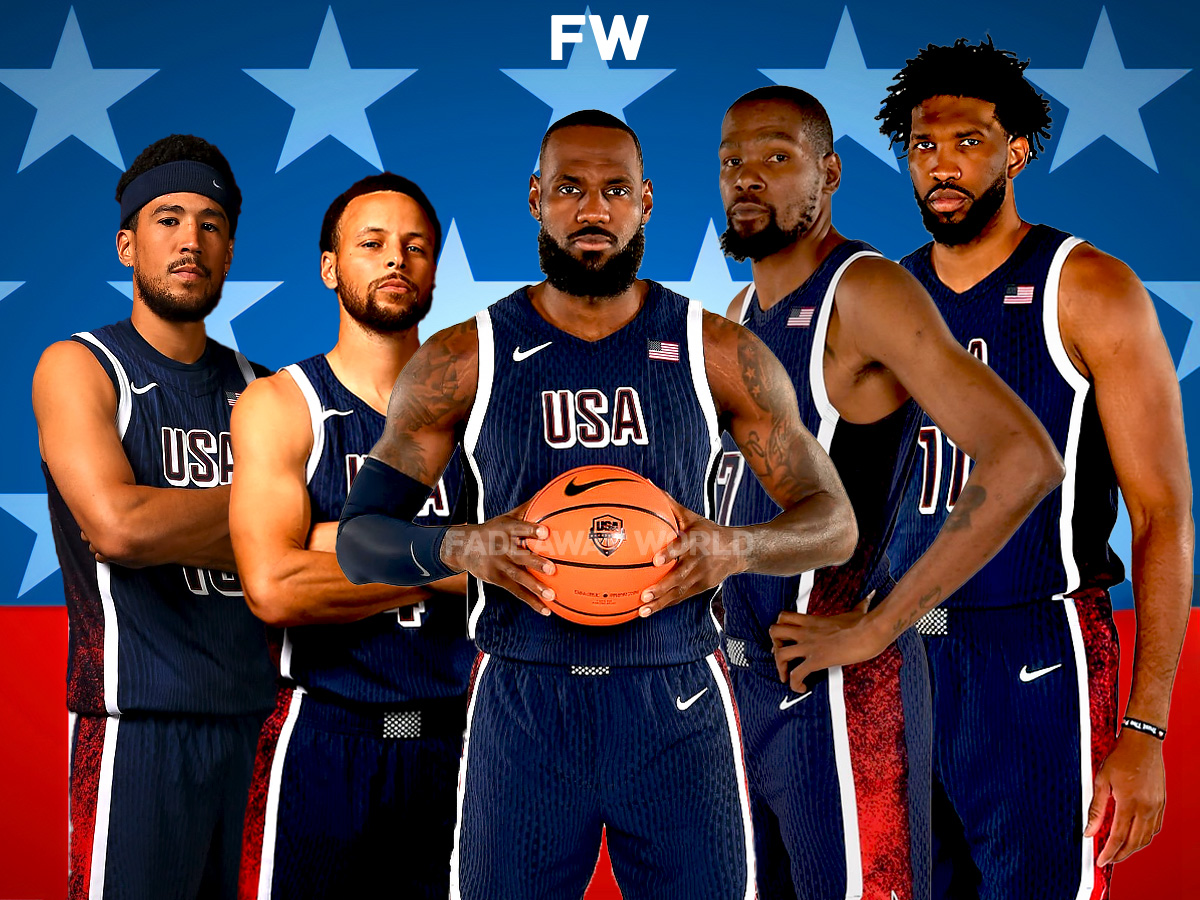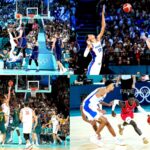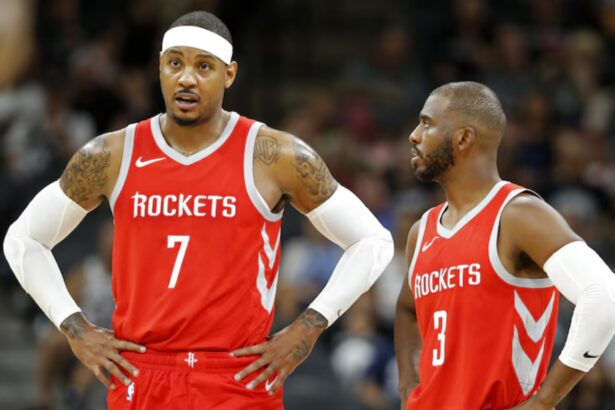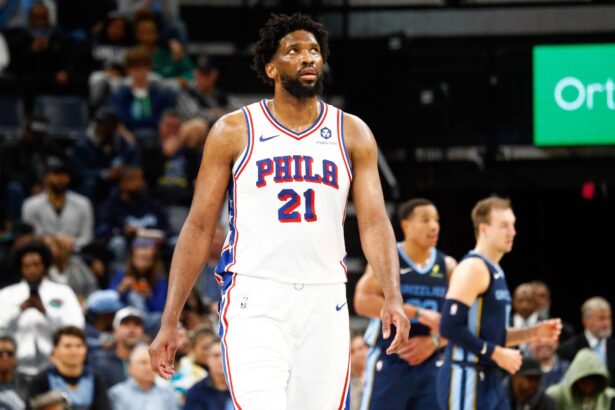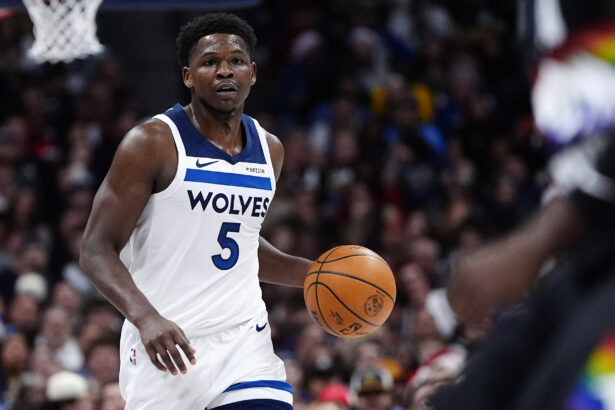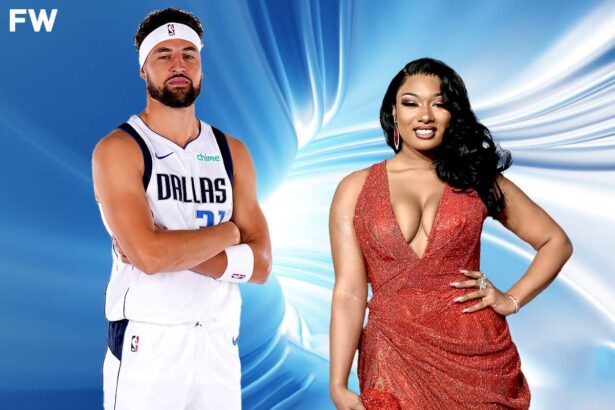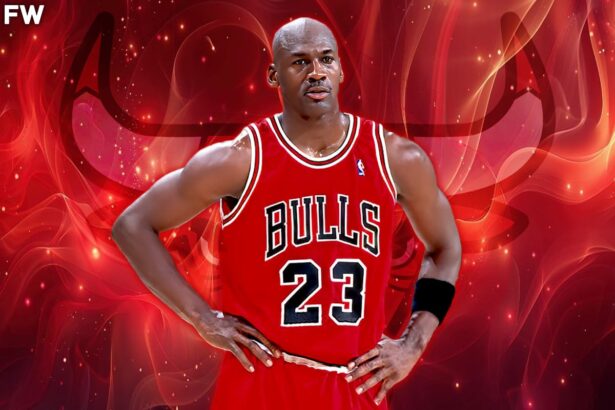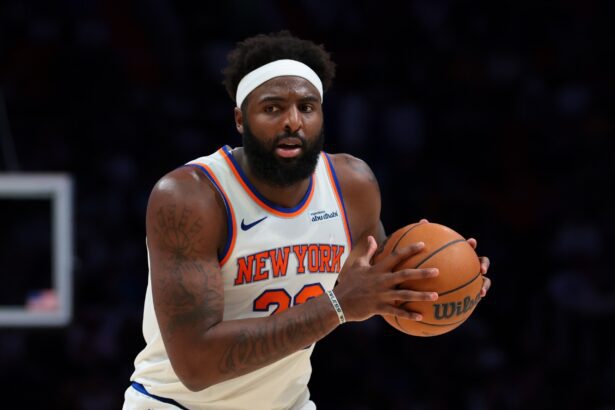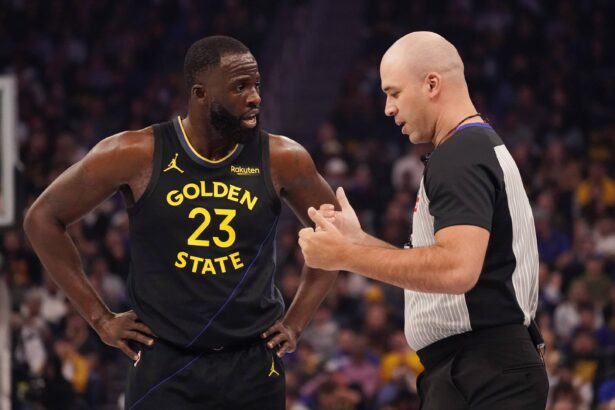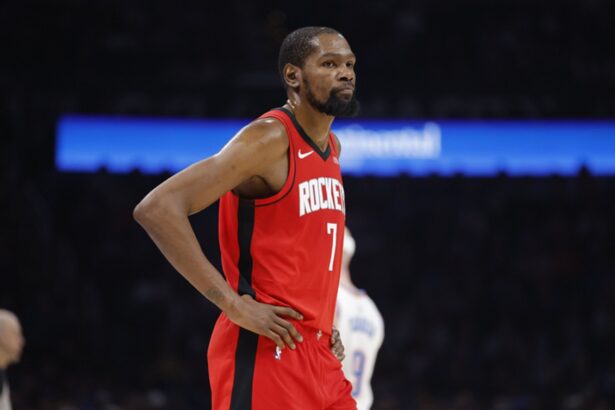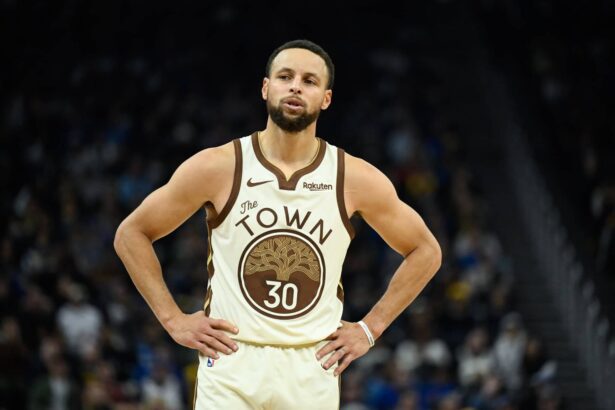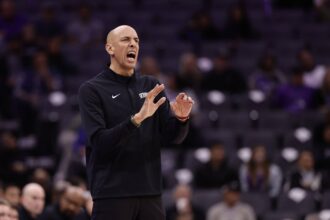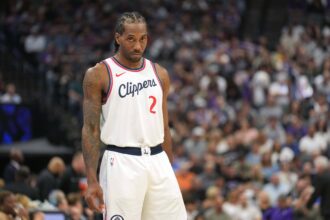Team USA won the gold at the 2024 Olympics, and did so without losing a single game. They went 7-0 at the grand event and were dominant, for the most part, in Paris. As for just how dominant they were from a historical standpoint, here’s a look at the teams with the best point differential at the Olympics since 1992, via HoopsHype.
1. 1992 Dream Team: +43.75 point differential
2. 2012 Team USA: +32.13 point differential
3. 1996 Dream Team III: +31.75 point differential
4. 2008 Redeem Team: +27.88 point differential
5. 2016 Team USA: +22.50 point differential
6. 2000 Team USA: +21.63 point differential
7. 1996 Yugoslavia: +20.38 point differential
8. 2021 Team USA: +20 point differential
9. 2024 Team USA: +19 point differential
The 1992 Dream Team is well clear of the pack. The smallest margin of victory for that group was 32 points, in the final against Croatia, and that’s absurd. They crushed the competition in a way that we’re unlikely to ever see again.
The U.S. in 2012 came in second, and there is one game that always stands out when you think of that group. They demolished Nigeria 156-73 in the preliminary round to set a new U.S. record when it comes to margin of victory, at 83.
The whole tournament wasn’t a walk in the park, though. Team USA beat Lithuania and Spain by just five and seven points respectively, which was why they dropped to second on this list.
Dream Team III took the third spot and much like the original Dream Team, they blew away the competition. They won every game by at least 20 points, with the biggest win being a 63-point shellacking of China.
The Redeem Team is fourth and they sure did gain some redemption after the U.S. lost three games and only won the bronze in 2004. In 2008, Team USA won all but one of their games by at least 20 points. The team that came the closest to beating them was Spain in the final, but the U.S. managed to hold them off and win 118-107.
The fifth spot belonged to the U.S. as well, but there were some nervous moments along the way for that 2016 team. They only beat Serbia and France by three points in the group stage and the win over Spain in the semifinal was by just six. The final against Serbia proved to be a straightforward affair, though, as Team USA won 96-66.
Next came the U.S. in 2000 and they beat every team they faced by at least 10 points, except one, Lithuania. The Lithuanians lost by nine points in the group stage and then nearly beat Team USA in the semifinal.
Sarunas Jasikevicius had a chance to win the game at the buzzer but airballed a deep three-pointer, which meant the U.S. sneaked away with an 85-83 win. Another relatively close game followed in the final, but Team USA ended up winning it 85-75 to get the gold once again.
We finally get a non-US entrant at seven and it’s Yugoslavia in 1996. They recorded many impressive wins, with the biggest being a 128-61 thrashing of China in the quarterfinal. Unfortunately, the U.S. stood between them and gold and they lost 95-69 in the final. This Yugoslavian team is the only one on the list not to win the gold medal.
Normal service is resumed at eighth with the U.S. in 2021. That team lost the first game to France 83-76 but followed that up with a 120-66 win over Iran. Three more double-digit wins then followed, which set up a rematch with France in the final. Lightning wouldn’t strike twice for the French, though, as Team USA won 87-82.
This current team then came in at ninth, with their average being brought down by the four-point win over Serbia in the semifinal and the 11-point one over France in the final. Another reason why this team didn’t end up higher was that they didn’t really demolish anyone along the way. The biggest margin of victory was 35 against Brazil in the quarterfinal, which pales in comparison to some of the teams above them.
Thank you for being a valued reader of Fadeaway World. If you liked this article, please consider following us on Google News. We really appreciate your support.

